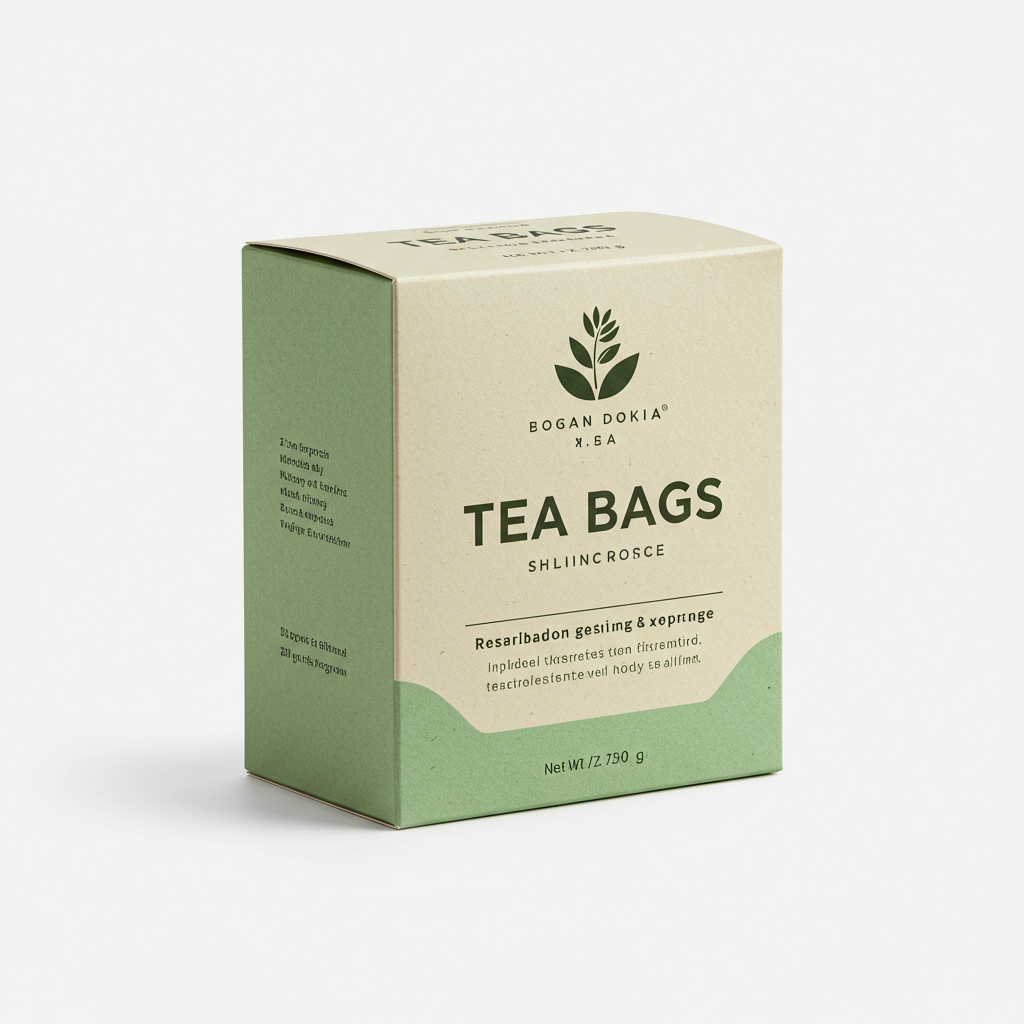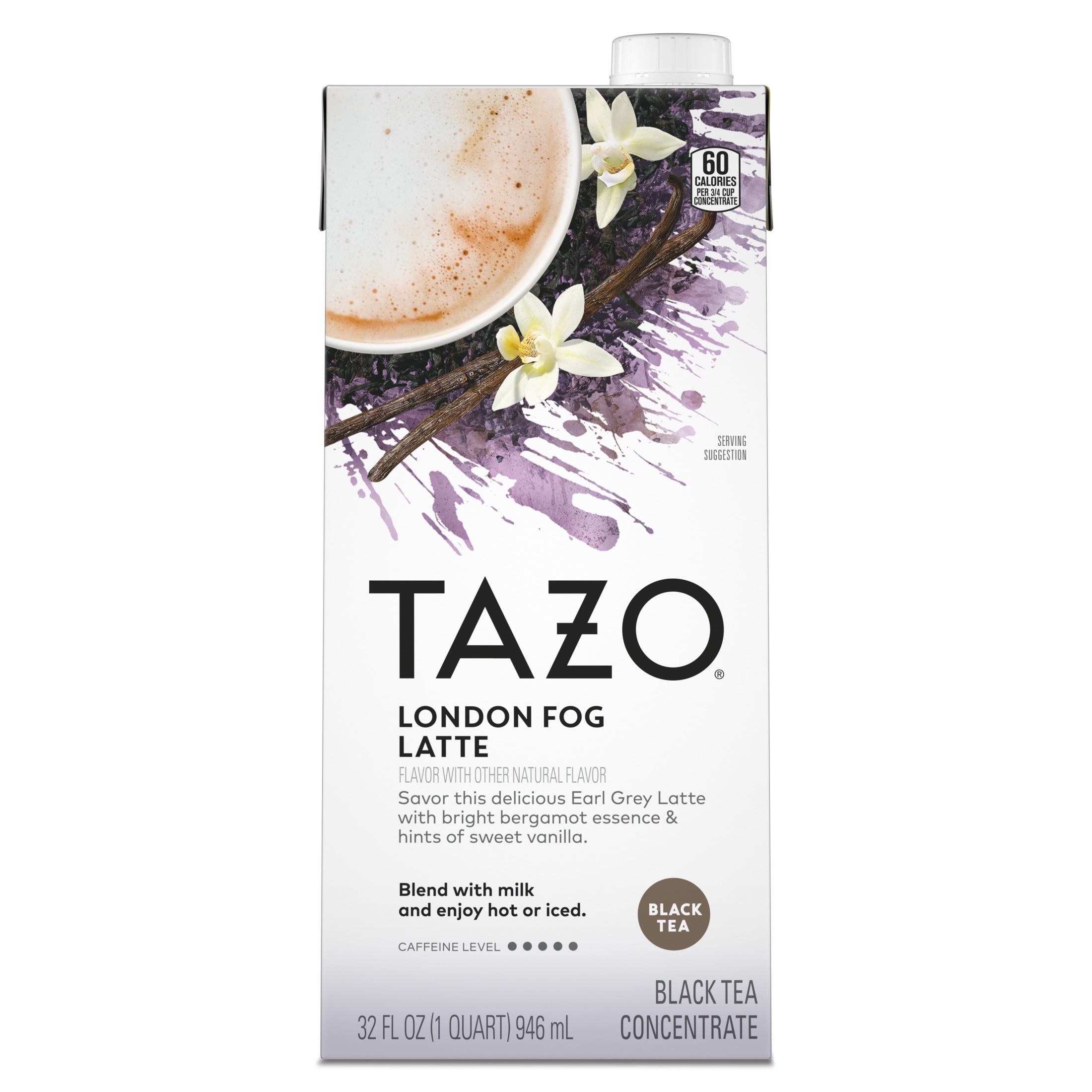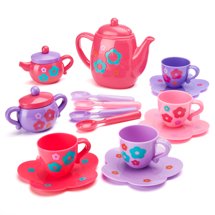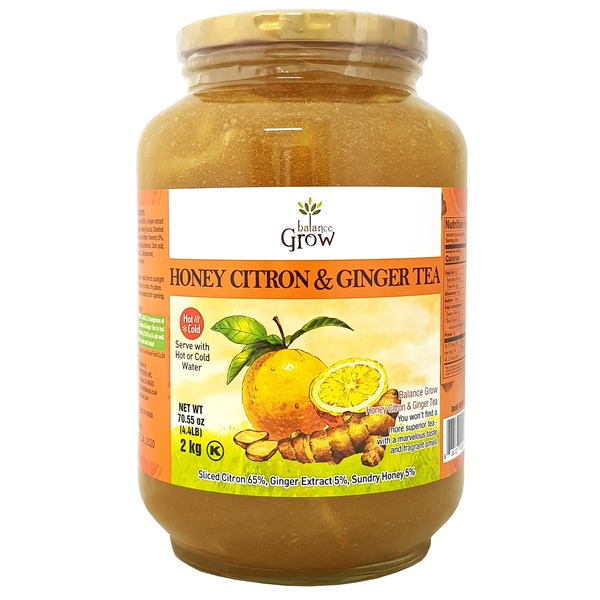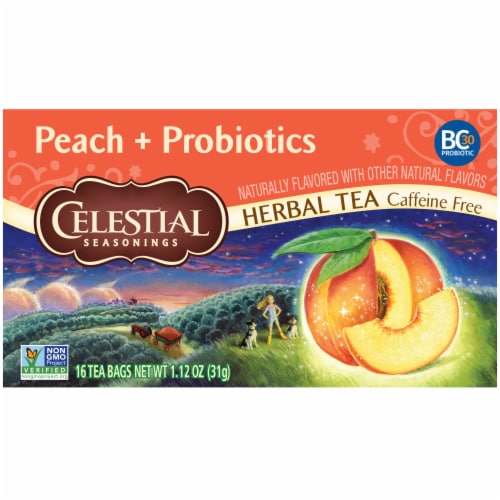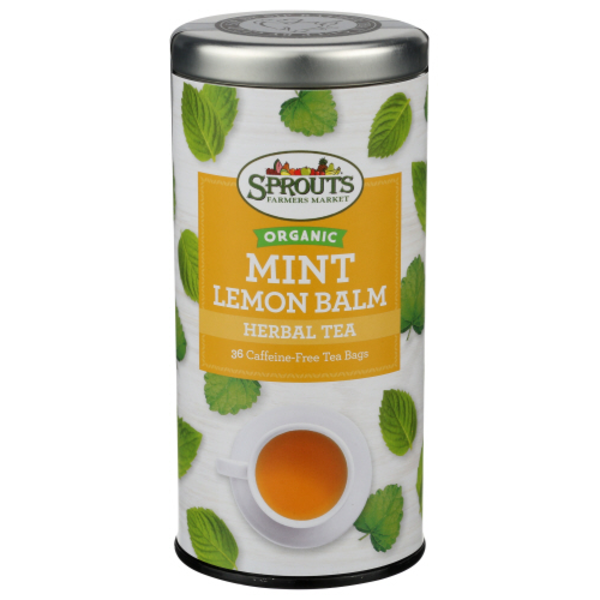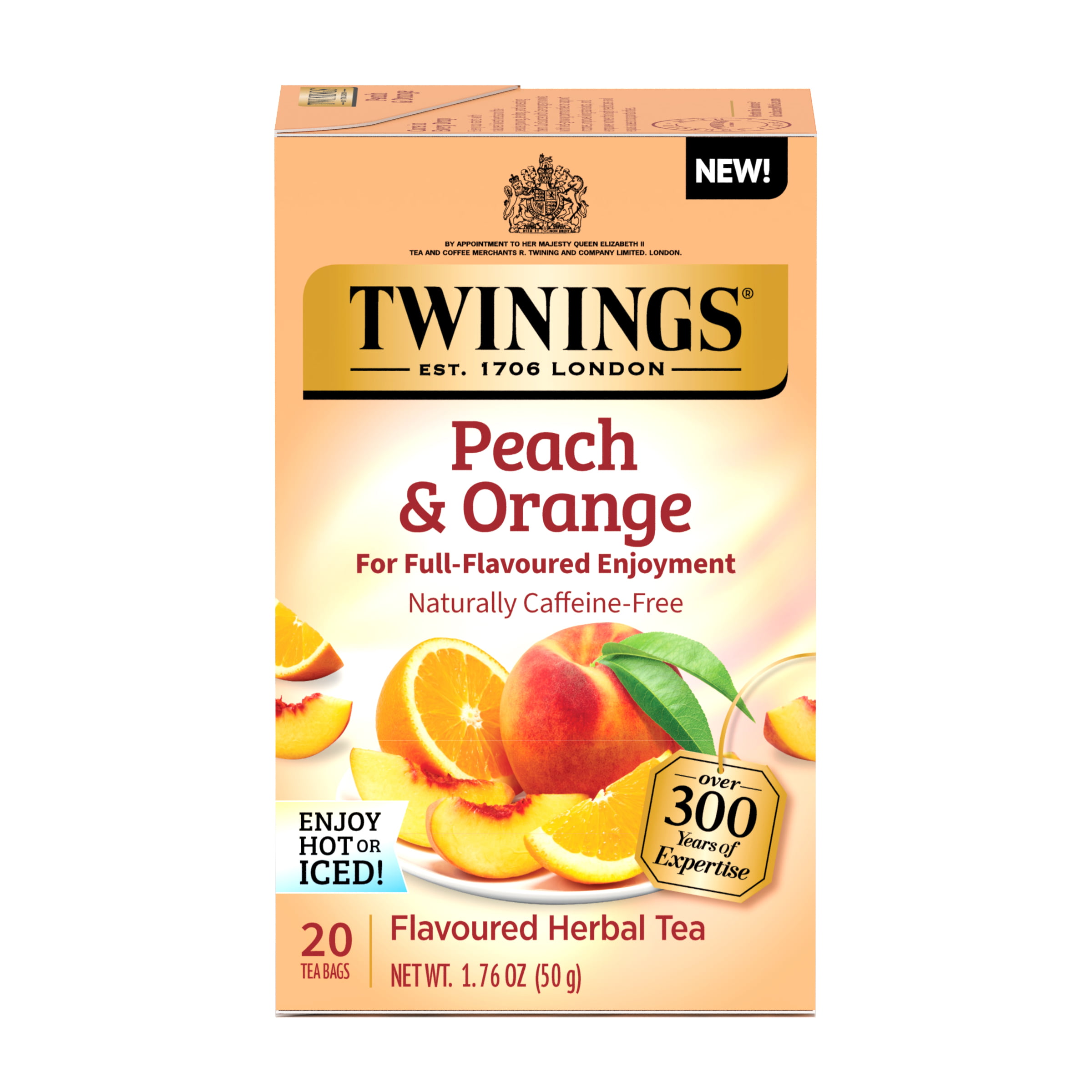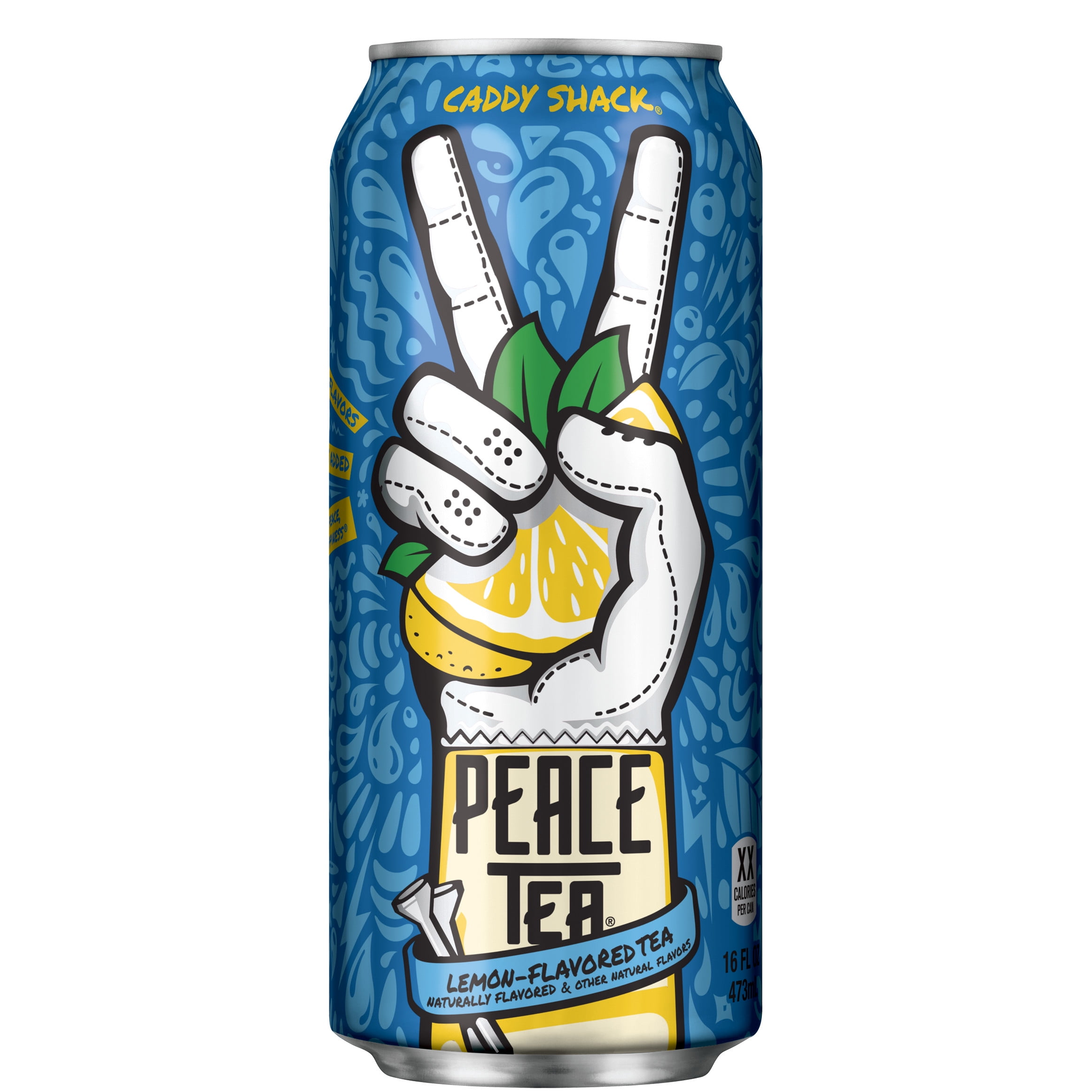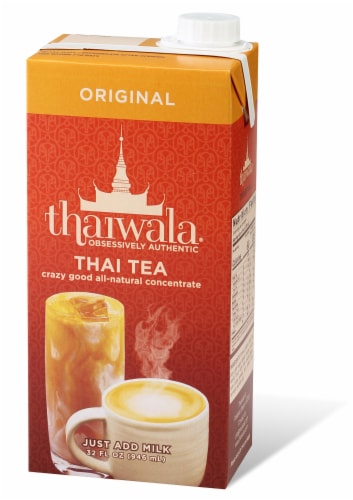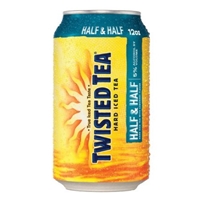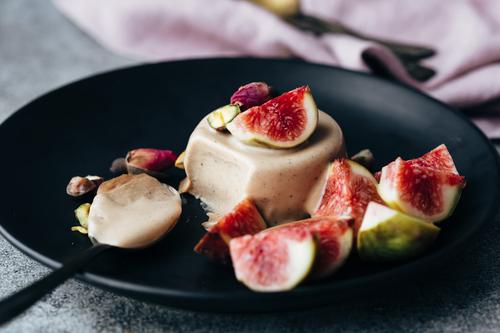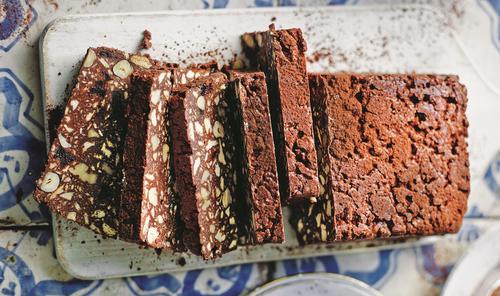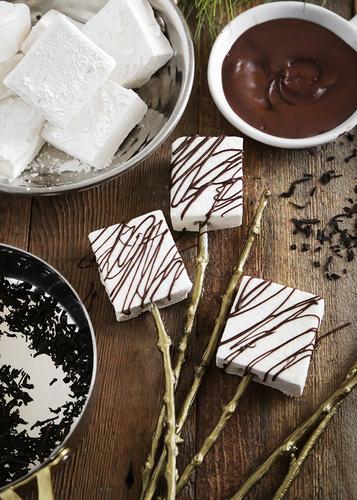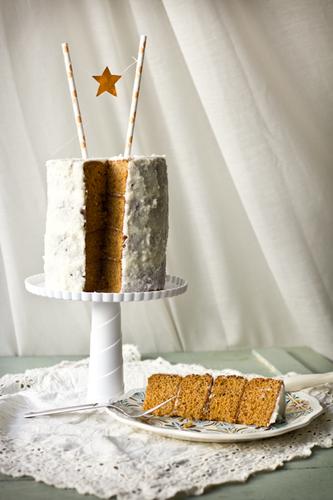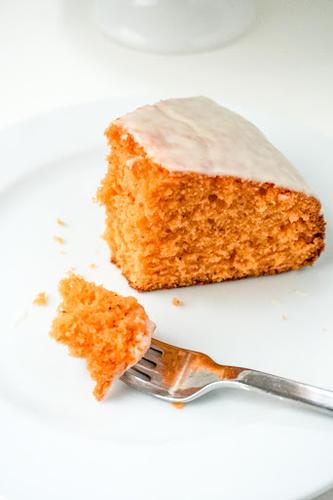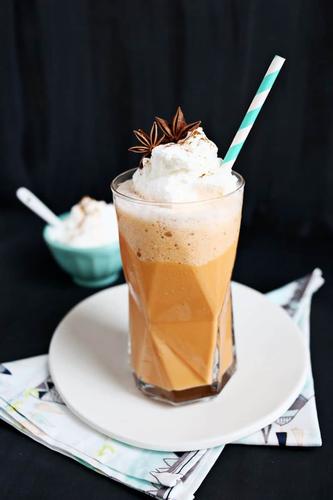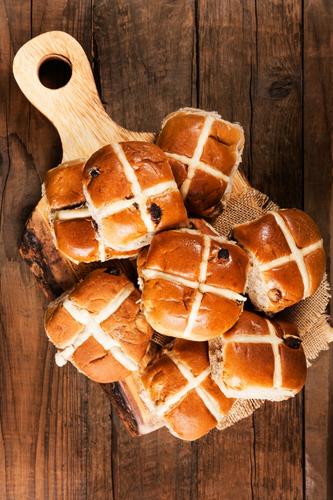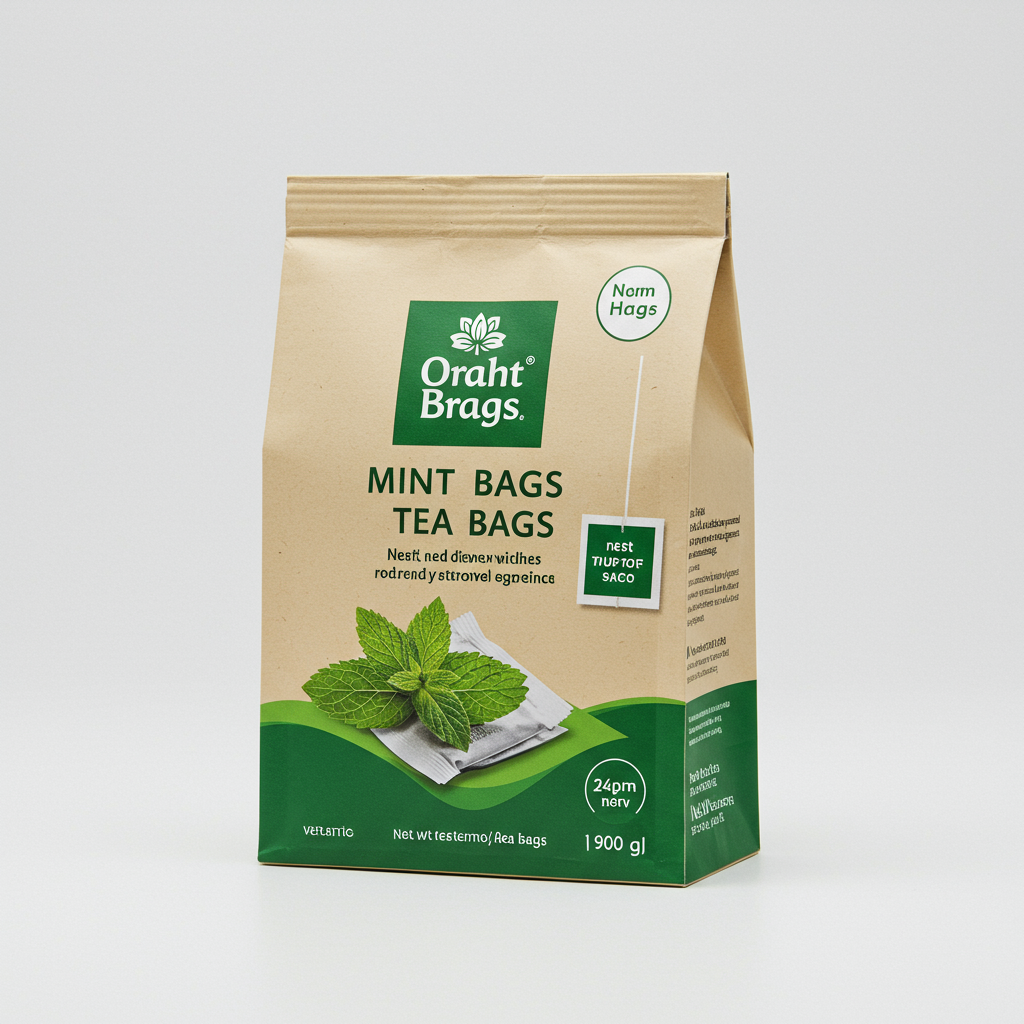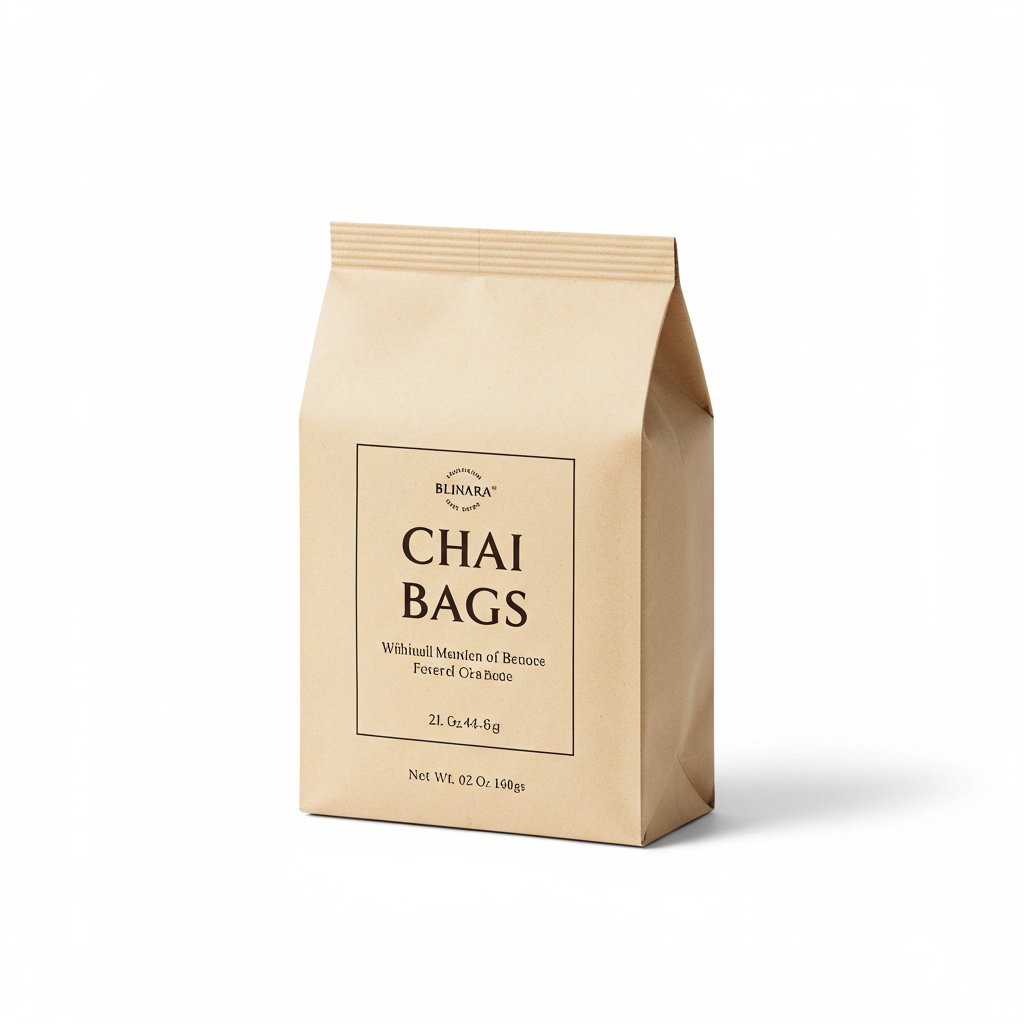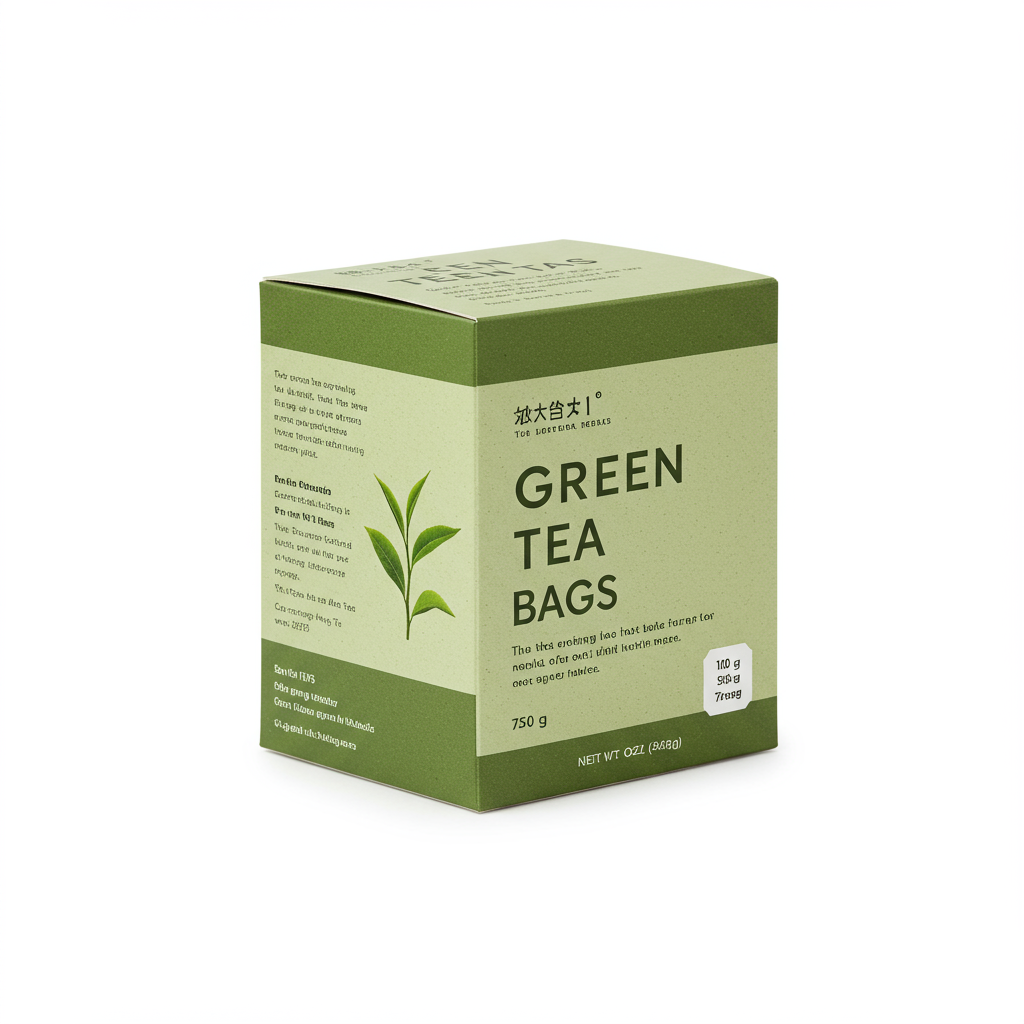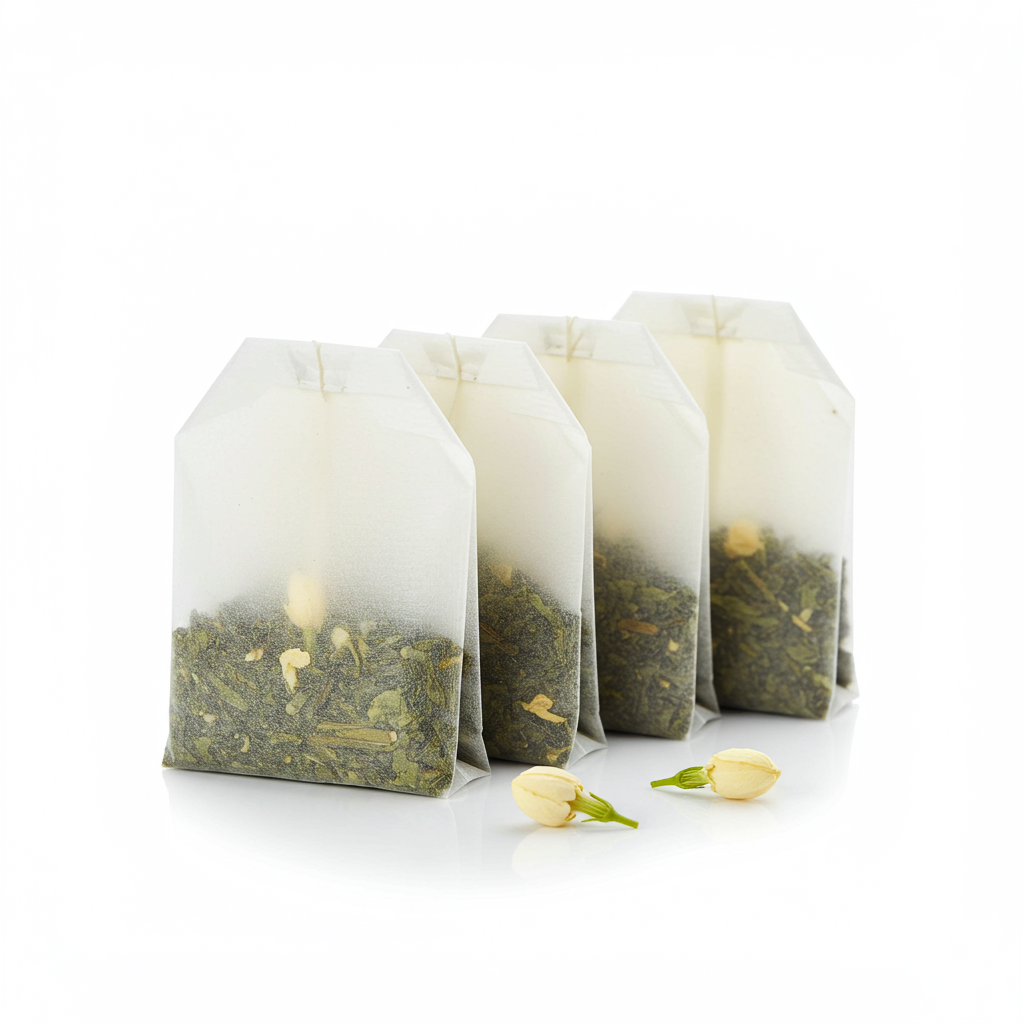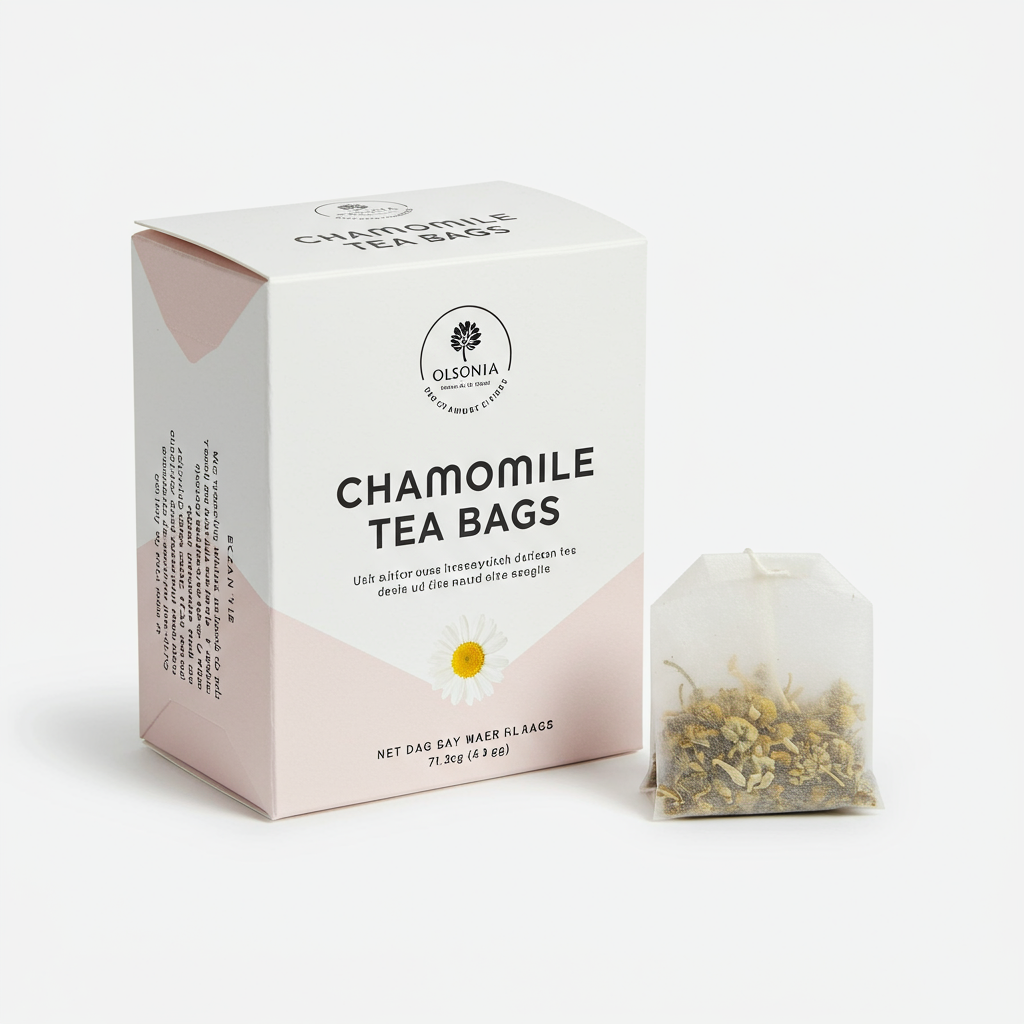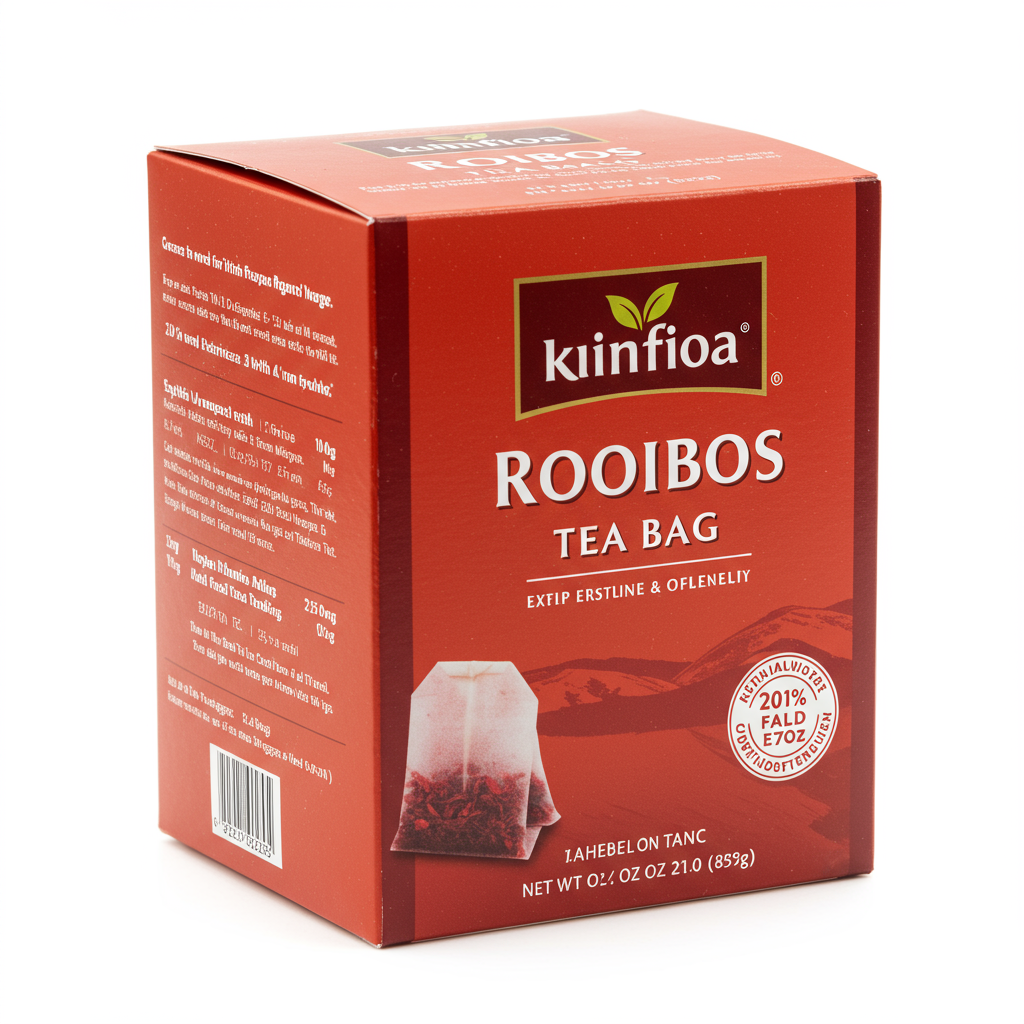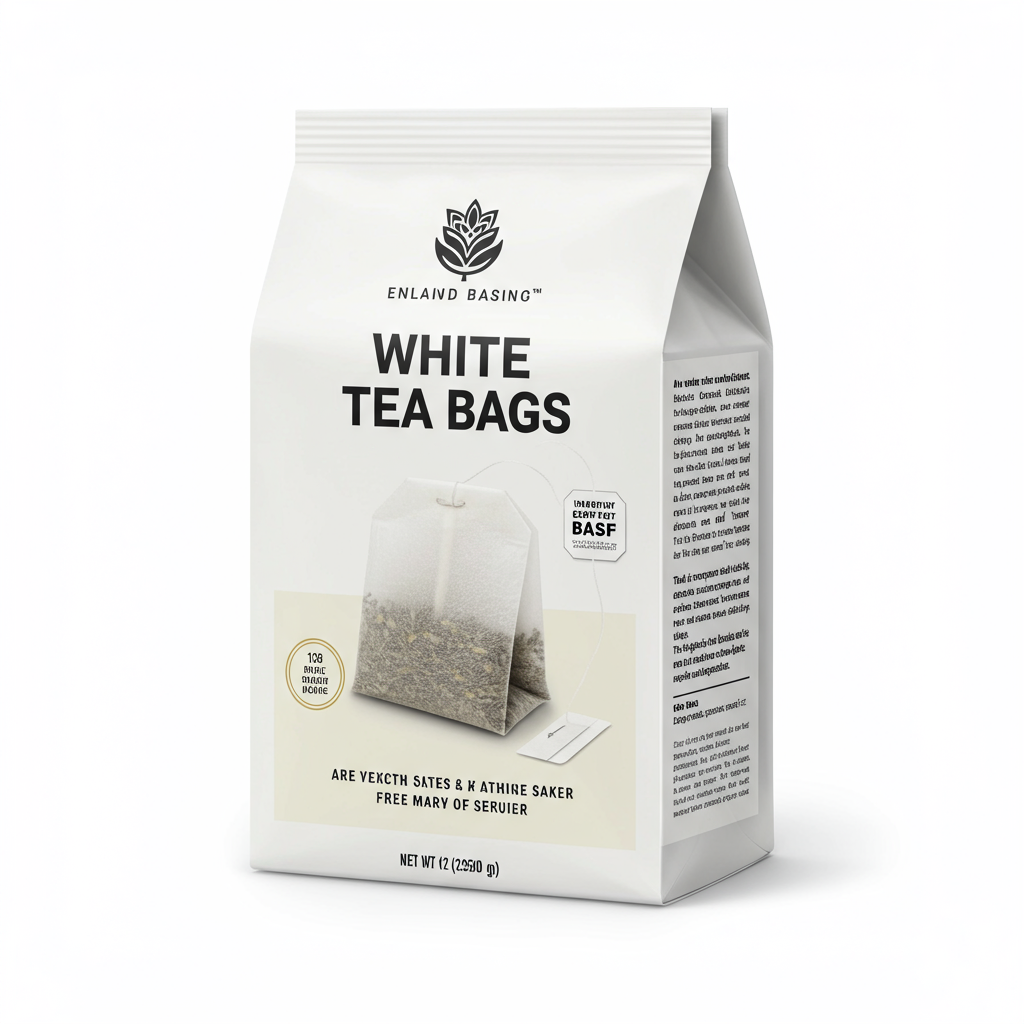BEVERAGES
Tea Bags
Tea, an immensely popular beverage with cultural significance across the globe, is an infusion made from the leaves, buds, and twigs of the Camellia sinensis plant. Originating in China, tea has evolved into countless varieties including black, green, white, and oolong, each with distinct flavors, colors, and health benefits. The art of brewing tea impacted the history, economy, and social fabric in countries such as Japan, England, and India.
To make tea, the plant's components are harvested, withered, and subsequently processed according to the desired type. The final product is brewed by steeping the tea leaves or tea bags in hot water for varying durations based on the tea variety and personal taste. Tea is often enjoyed plain or with additives including milk, sugar, honey, lemon, or spices, leading to diverse varieties such as chai, Earl Grey, and matcha.
0%
CARBS
0%
FAT
100%
PROTEIN
13,010 Tea Bags Products
TAZO London Fog Latte Tea Concentrate, Caffeinated
Kid Connection 18-Piece Tea Play Set
Balance Grow Honey Citron & Ginger Tea
Celestial Seasonings Peach And Probiotics Herbal Tea - 16 Count
Sprouts Organic Mint Lemon Balm Herbal Tea
Twinings Peach & Orange Herbal Tea Bag, 20 Count Box
Kroger® Real Brewed Zero Sugar Blackberry Sweet Decaf Tea
Peace Tea Caddy Shack Can
Thaiwala Original Thai Tea Concentrate
Boston Twisted Tea Original 12oz Can
Used In 9 Recipes
Tea Bags Are Frequently Used With
Tea Bags FAQ
Tea is a staple in many households, enjoyed not just for its warming properties but also for its various health benefits. People often make mistakes by either over-steeping the tea, leading to a bitter and astringent flavor, or not using the right water temperature which could hinder the development of flavors. To get the most out of your tea, use fresh water for boiling- it has more oxygen and helps bring out the flavor of the tea. Another little-known tip is to warm your teapot or cup before brewing to maintain the water's temperature during the infusion process.
How long should I steep my tea?
What water temperature should I use for my tea?
Can I use the same tea leaves more than once?
What is the difference between loose leaf tea and tea bags?
Does the type of teapot I use make a difference?
Why does my green tea taste bitter?
Should I add milk and sugar to my tea?
Can I make iced tea with any type of tea?
What's the best way to sweeten my tea without using sugar?
What is matcha tea and how does it differ from green tea?
Expiration & Storage Tips
When does tea expire?
Unopened packages of tea can typically last as long as 18 to 24 months when properly stored in a cool, dry place. However, the freshness and potency of the tea may start to wane after the one-year mark. Once opened, tea can still last up to 12 months, though the quality might begin to decline after 6 months. The lifespan of tea also varies on its type: herbal teas tend to last longer than true teas (green, black, and white tea). Freezing is not commonly recommended for tea, as it tends to absorb smells from other items in your freezer.
How do you tell if tea is bad?
While it's rare for tea to go bad in the traditional sense, it can lose its flavor and health benefits over time. An easy way to tell if your tea is past its prime is if it's lost its pleasant aroma, or if it tastes flat or stale when brewed. It's also worth checking for any signs of mold or pests in the packaging, especially if it's been stored improperly.
Tips for storing tea to extend shelf life
• Store your tea in an airtight container: This prevents the tea from absorbing any odors from other items in your pantry, which can compromise its flavor.
• Keep tea away from heat and light: These can cause oxidation, affecting both the taste and color of your tea. So, avoid storing near a window or stove.
• Consider investing in a tea caddy or tin: These containers can help maintain the freshness and flavor of tea, especially if you buy loose leaf varieties.
• Always use clean utensils when handling the tea: Bacteria or residue on spoons can compromise the quality and longevity of the tea.
EXPIRES WITHIN
10 - 15
MONTHS
Equivalents
Substitutes

Iced Tea
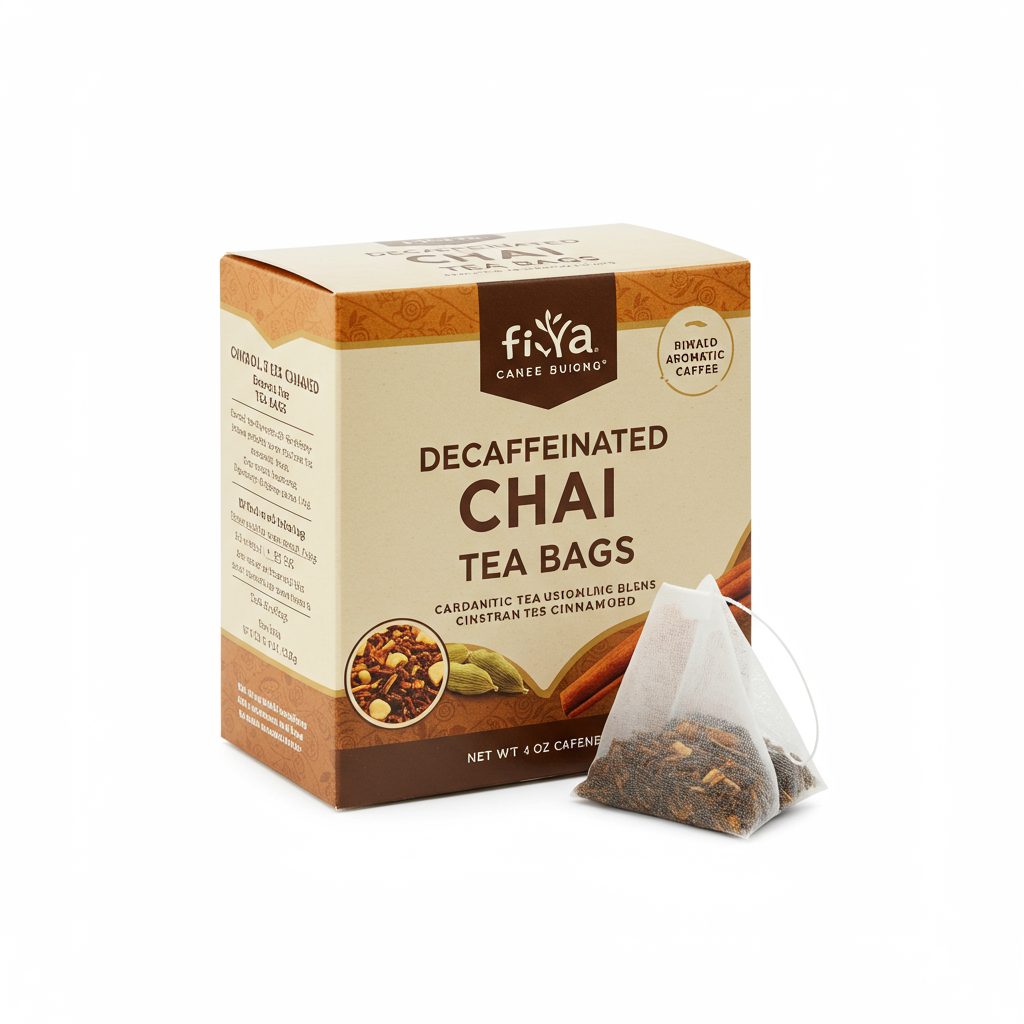
Decaffeinated Chai Tea Bags
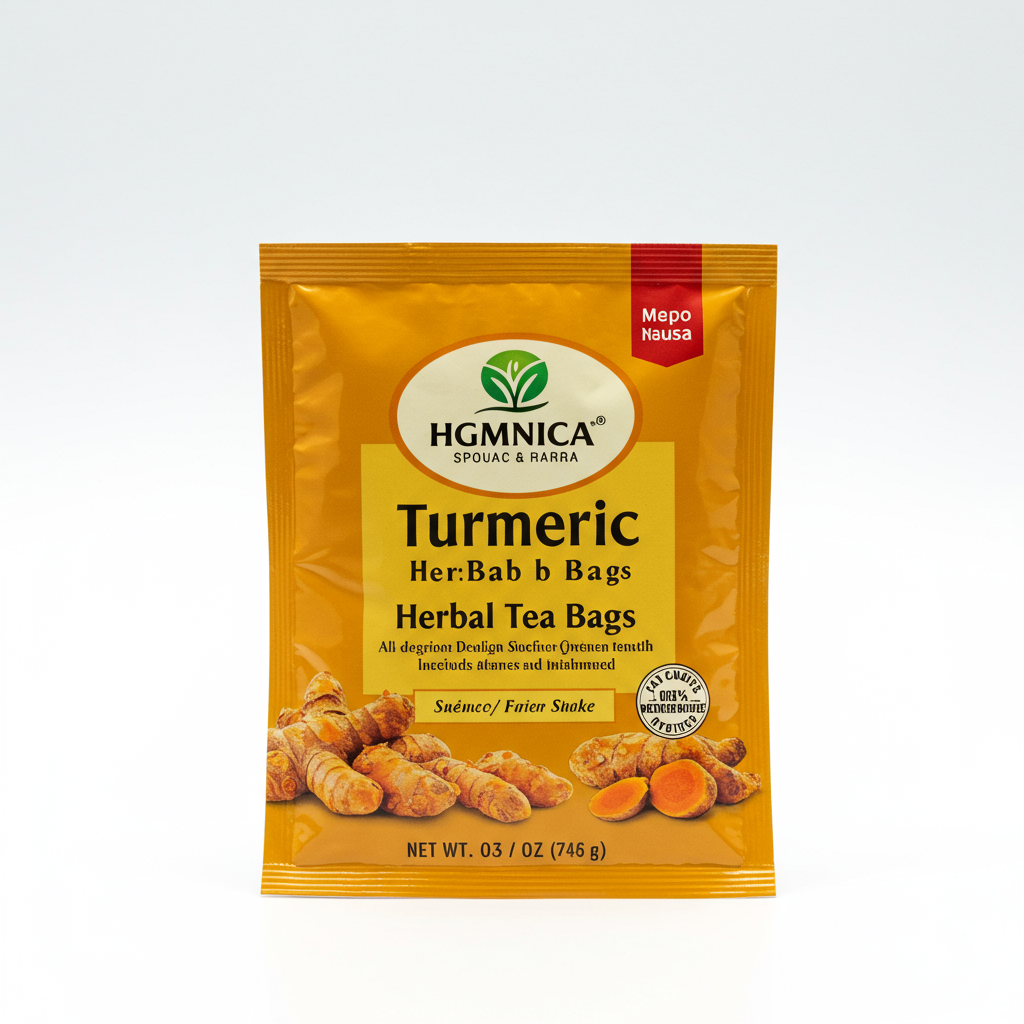
Turmeric Herbal Tea Bags
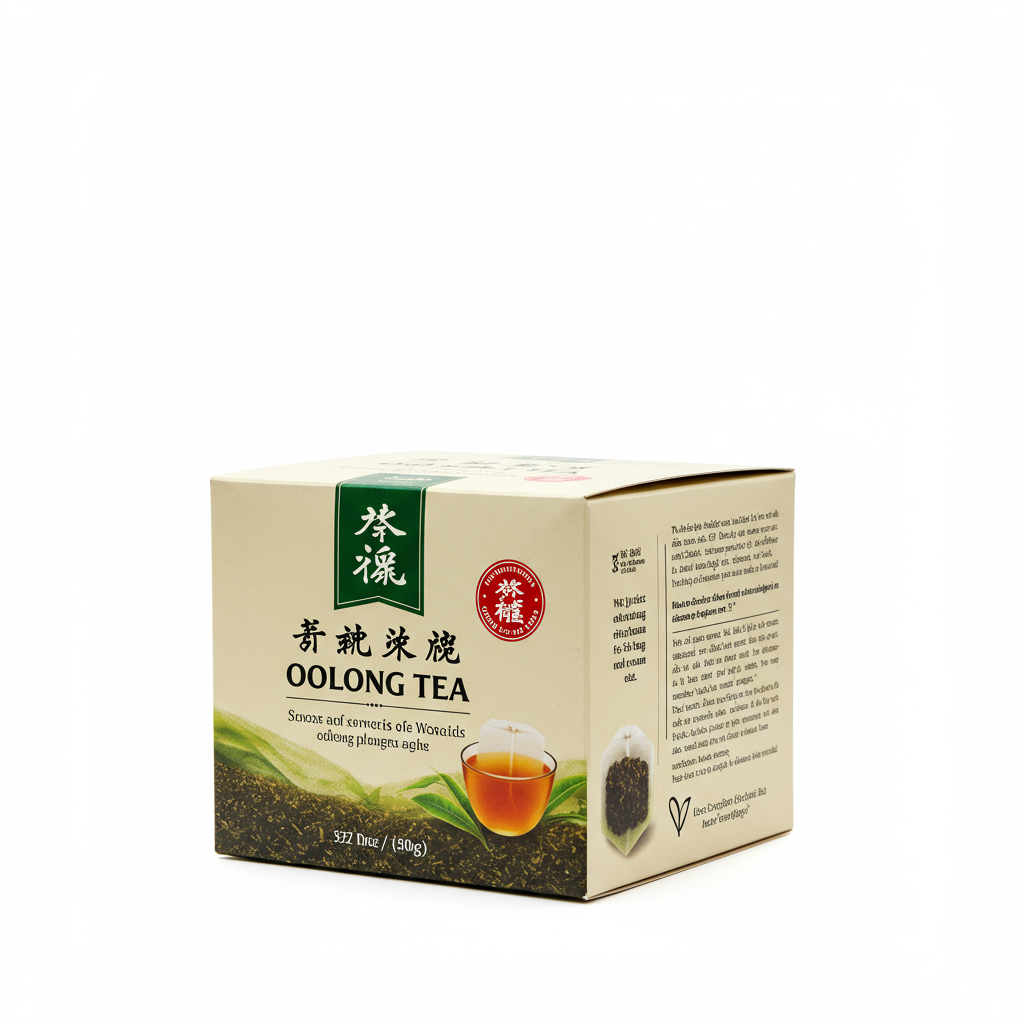
Oolong Tea Bags
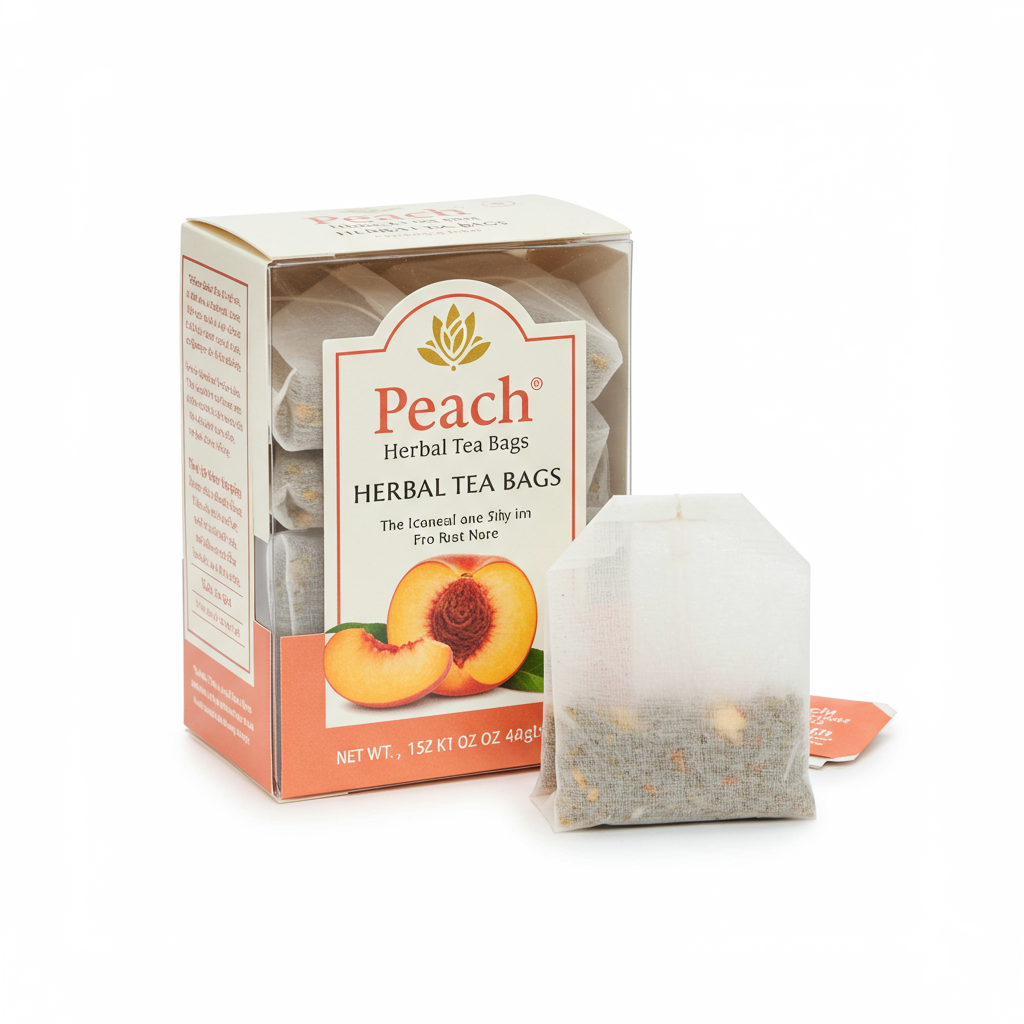
Peach Herbal Tea Bags

Yerba Mate
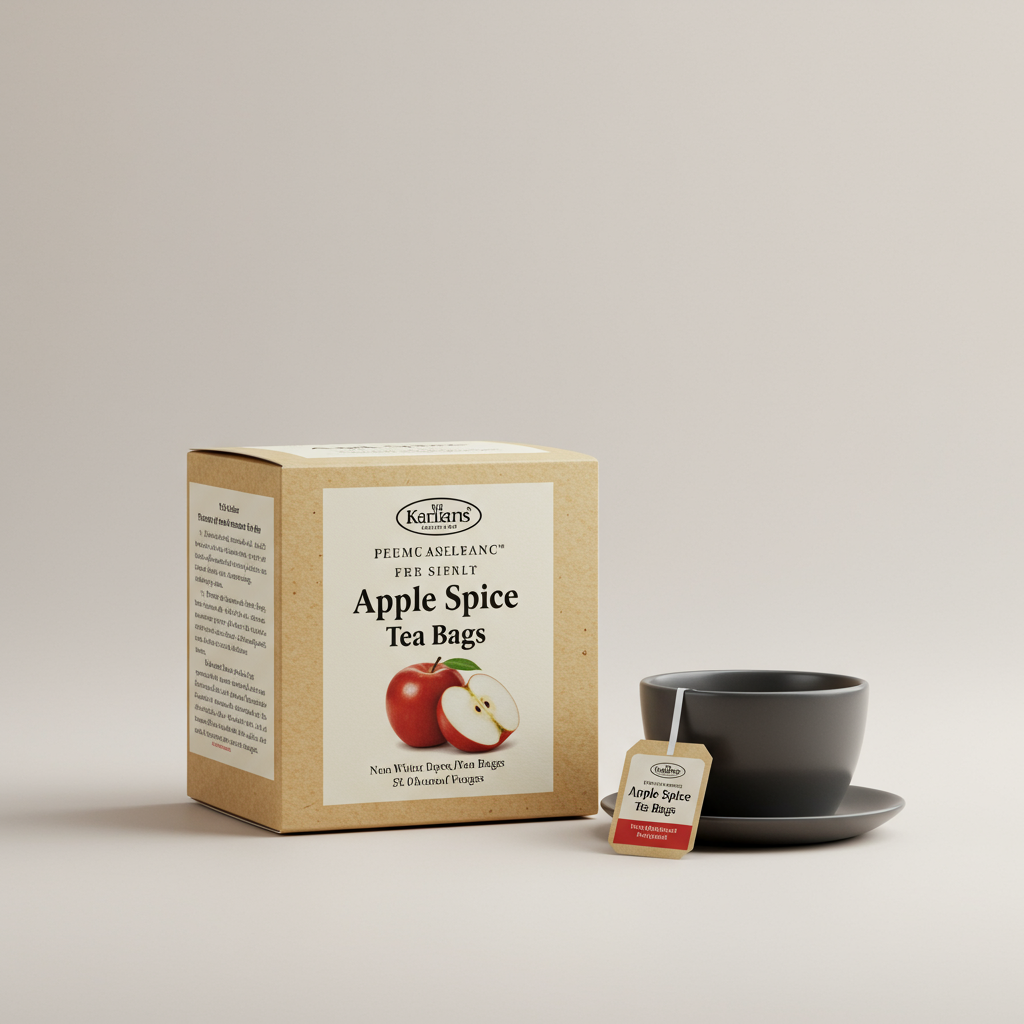
Apple Spice Tea Bags
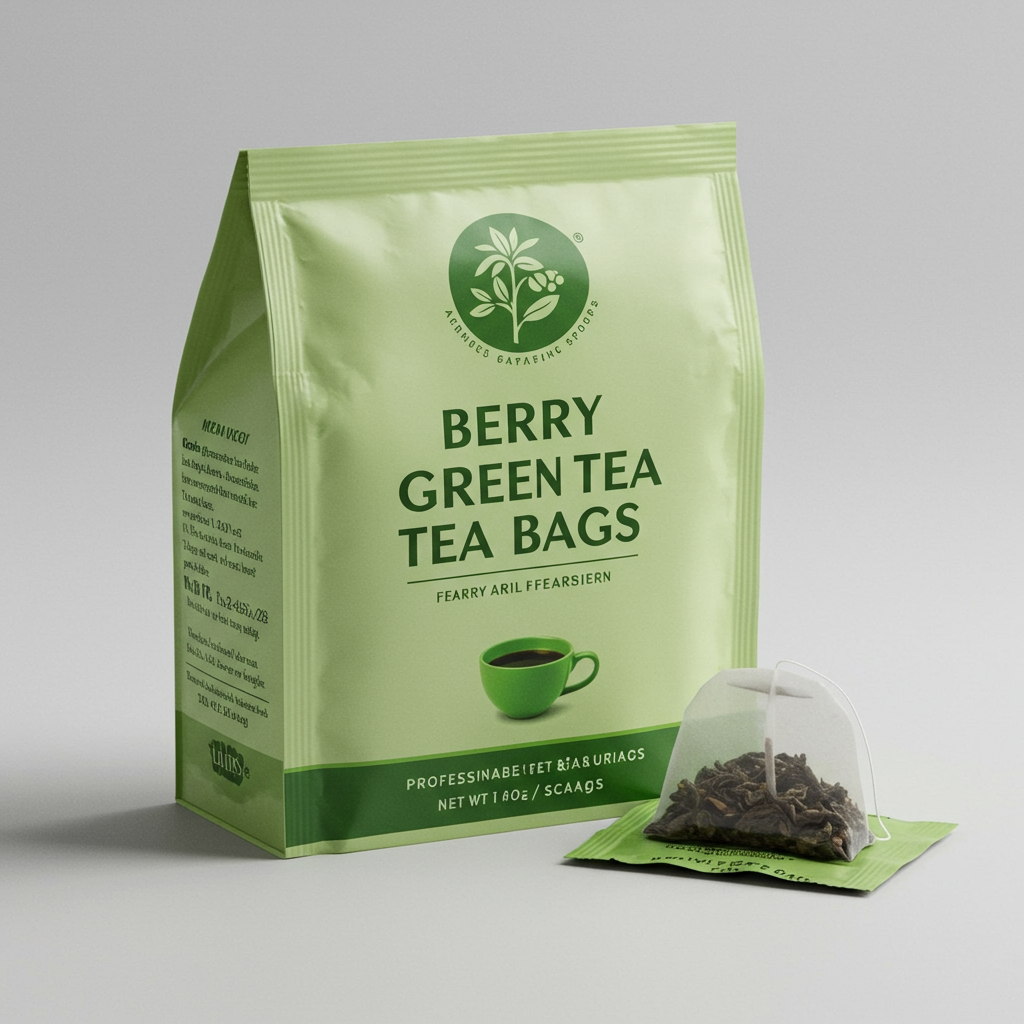
Berry Green Tea Bags
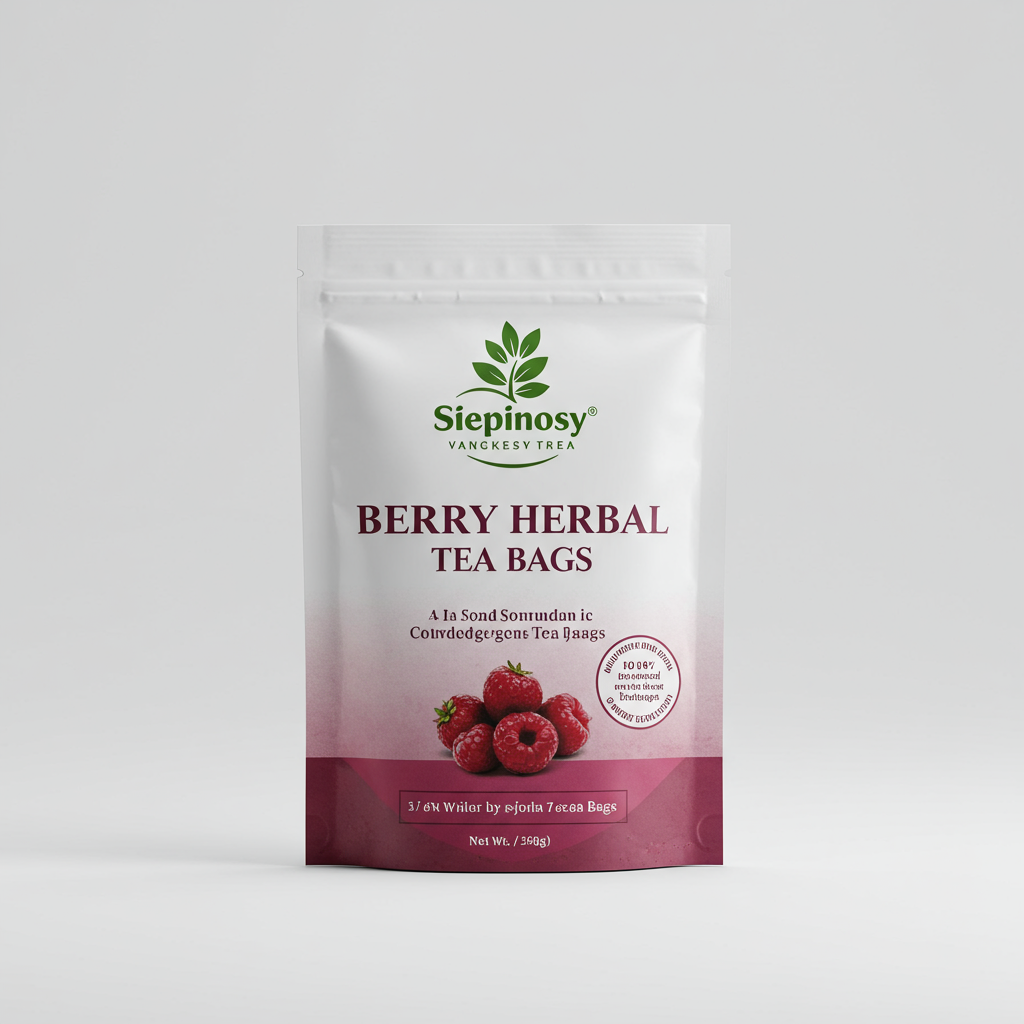
Berry Herbal Tea Bags
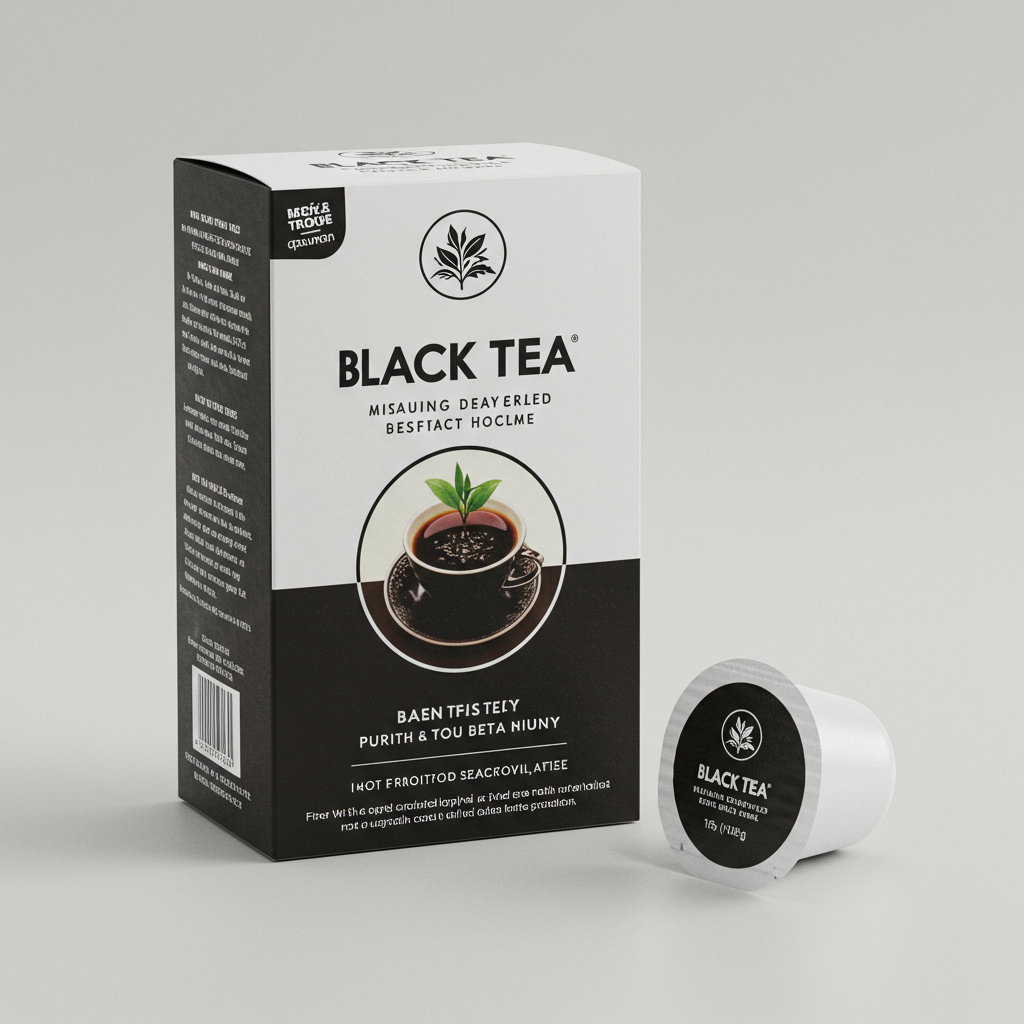
Black Tea Pod
See All
Health Info
Macros
0g
CARBS
0g
FAT
0g
PROTEIN
Allowed on these diets
LOW FAT
HIGH CALCIUM
VEGETARIAN
KETO
PALEO
WHOLE 30
MEDITERRANEAN
LOW CARB
VEGAN
LACTOSE FREE
GLUTEN FREE
